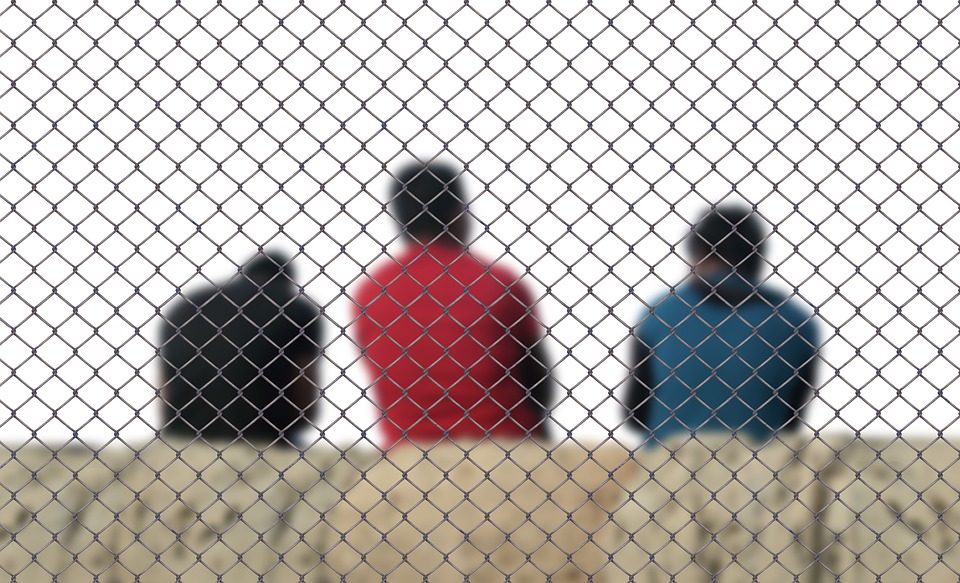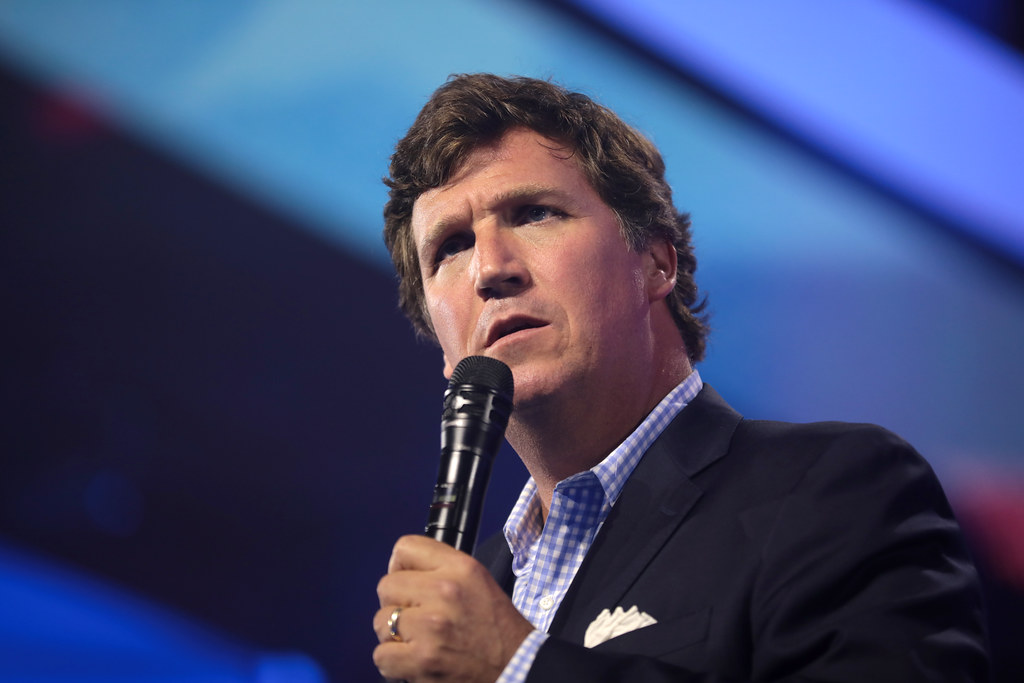Is Putin Right About the West’s Degeneracy?
The ongoing conflict between Ukraine and Russia has entered a critical phase, marked by a concerning military escalation. This conflict, deeply rooted in historical, political, and cultural tensions, has seen various phases of intensity, each adding layers of complexity to the geopolitical puzzle. The introduction of advanced missile systems, such as the Atacms and StormShadow, has intensified the situation, overshadowing diplomatic efforts and raising concerns about nuclear threats. These developments underscore the fragile balance between military strength and diplomatic negotiation, with each side vying for strategic advantage. In this complex geopolitical environment, Russian President Vladimir Putin’s narrative of Western moral decline and NATO’s eastward expansion emerges as a significant point of analysis, revealing the intricate web of motivations and fears that drive the actions of these powerful entities.
Historical Context: Allegations of US Influence in Ukrainian Elections
The origins of the current conflict can be traced to various geopolitical maneuvers, including allegations of US involvement in Ukrainian elections. These claims have bolstered Russia’s narrative of Western encroachment and have been utilized to justify its actions in Ukraine. Understanding this context is crucial for comprehending why Putin views his stance as a defensive measure against perceived Western aggression. The historical backdrop of this conflict is complex, involving decades of strategic moves, alliances, and power plays that have shaped the current landscape. The perception of foreign influence in domestic affairs has been a recurring theme in global politics, and in the case of Ukraine, it has served as a focal point for Russian grievances and strategic justifications.
NATO’s Eastward Expansion: Assessing Russian Security Concerns
A central aspect of Putin’s argument is NATO’s eastward expansion, which he perceives as a direct threat to Russian security. Since the end of the Cold War, NATO has expanded to include several Eastern European countries, a move viewed with suspicion and hostility by Russia. Moscow perceives this expansion as a breach of prior assurances and a strategic encirclement of Russia, prompting a defensive posture. This expansion is not merely a series of geopolitical maneuvers; it reflects deeper anxieties about sovereignty, influence, and the shifting balance of power in Europe. As NATO has grown, the question of how to preserve Russian security while respecting the autonomy and aspirations of Eastern European nations has become increasingly contentious.
Military Escalation: Impact of Atacms and StormShadow Deployment
The recent deployment of Atacms and StormShadow missile systems by NATO allies represents a significant escalation in the conflict. These advanced weapons systems enhance Ukraine’s defensive capabilities but also exacerbate tensions with Russia. The presence of such weaponry underscores the West’s commitment to supporting Ukraine, yet it also increases the risk of a broader conflict, with Russia viewing these actions as provocative. The introduction of these systems into the theatre of conflict alters the military landscape, making the situation more volatile and unpredictable. It raises fundamental questions about the limits of military aid, the objectives of such support, and the consequences for regional and global stability.
The Potential Nuclear Threat
Amidst the military escalation, the potential for a nuclear threat becomes more pronounced. Russia’s nuclear capabilities remain a crucial element of its military strategy, and any perceived threat to its security could provoke a response. The international community must exercise caution to avoid crossing red lines that could lead to catastrophic consequences. Nuclear diplomacy, always a delicate and critical task, is rendered even more complex in the current scenario, where miscalculations could lead to unintended consequences. Understanding the strategic doctrines, red lines, and communication channels between nuclear powers is vital to averting disaster.
NATO’s Support for President Zelenskyy: Balancing Diplomacy and Deterrence
NATO allies continue to support Ukrainian President Volodymyr Zelenskyy’s defensive efforts, carefully balancing deterrence and escalation. The alliance’s commitment to Ukraine is steadfast, yet it must align this support with efforts to de-escalate tensions and pursue a diplomatic resolution to the conflict. This delicate balance requires a nuanced approach, recognizing the legitimate security concerns of Ukraine while avoiding actions that could exacerbate the situation. Diplomatic channels must be kept open, and dialogue must remain a priority to find common ground and avoid further escalation.
Conclusion: Navigating Complex Geopolitical Challenges
As the Russia-Ukraine conflict unfolds, global attention remains focused on the evolving situation. The deployment of advanced missile systems and the looming nuclear threat highlight the gravity of the situation. In this intricate geopolitical landscape, understanding Putin’s perspective on Western moral decline and NATO’s expansion is essential for crafting a strategic response. The conflict challenges existing international norms and requires creative diplomacy, strategic patience, and a willingness to engage in difficult conversations. In these uncertain times, it is crucial for global leaders to engage in dialogue and diplomacy to prevent further escalation and seek a peaceful resolution. The stakes are high, and the path forward requires careful navigation to ensure stability and security in the region. The responsibility lies not only with the involved parties but also with the international community, which must act as a stabilizing force, promoting peace and cooperation amid the tensions.


